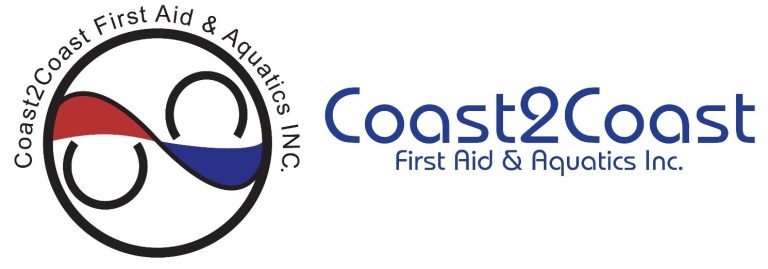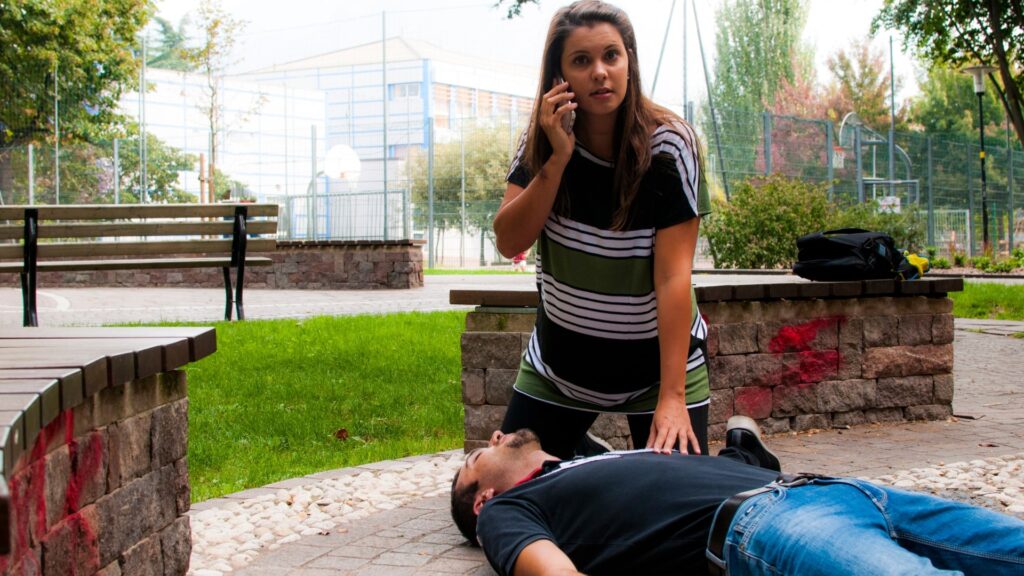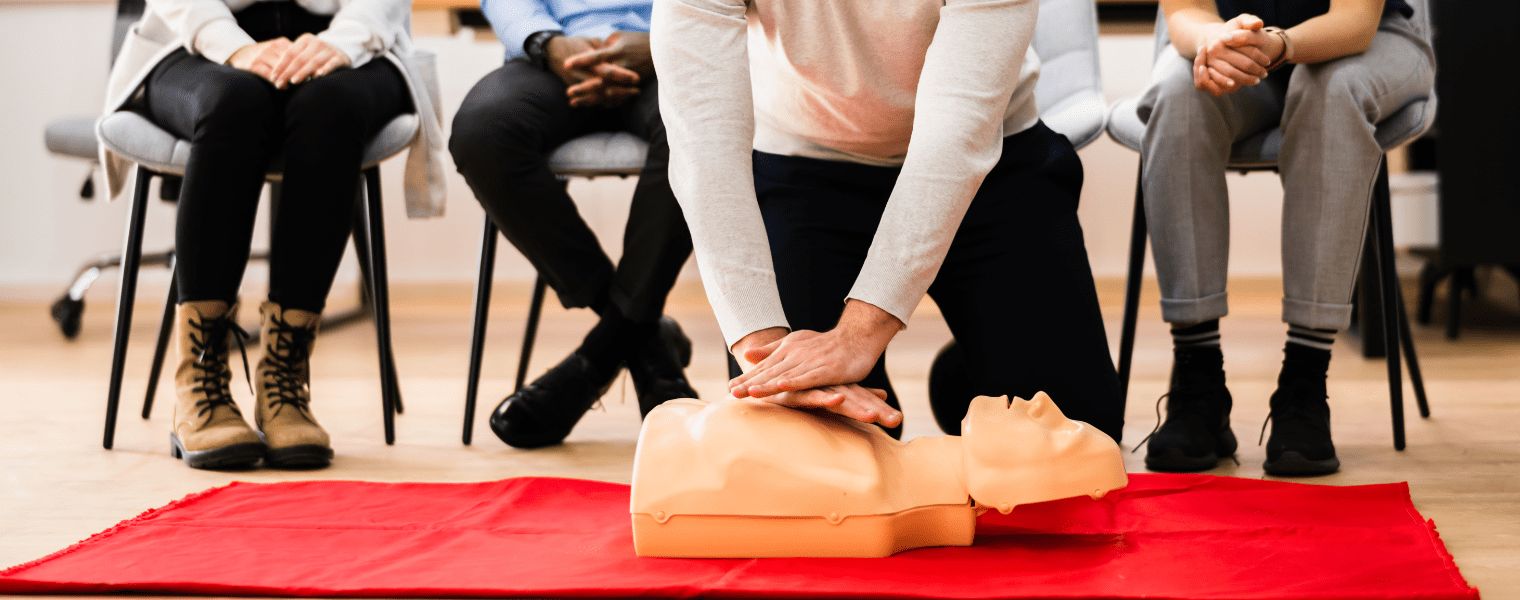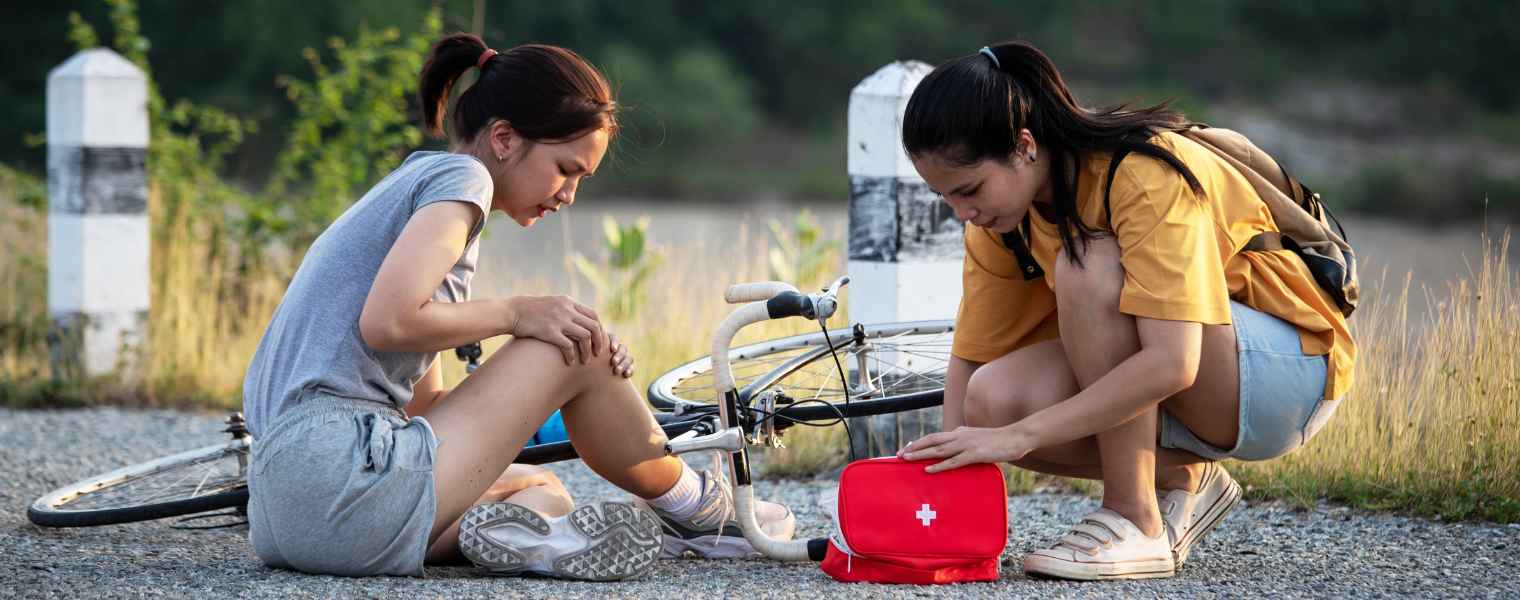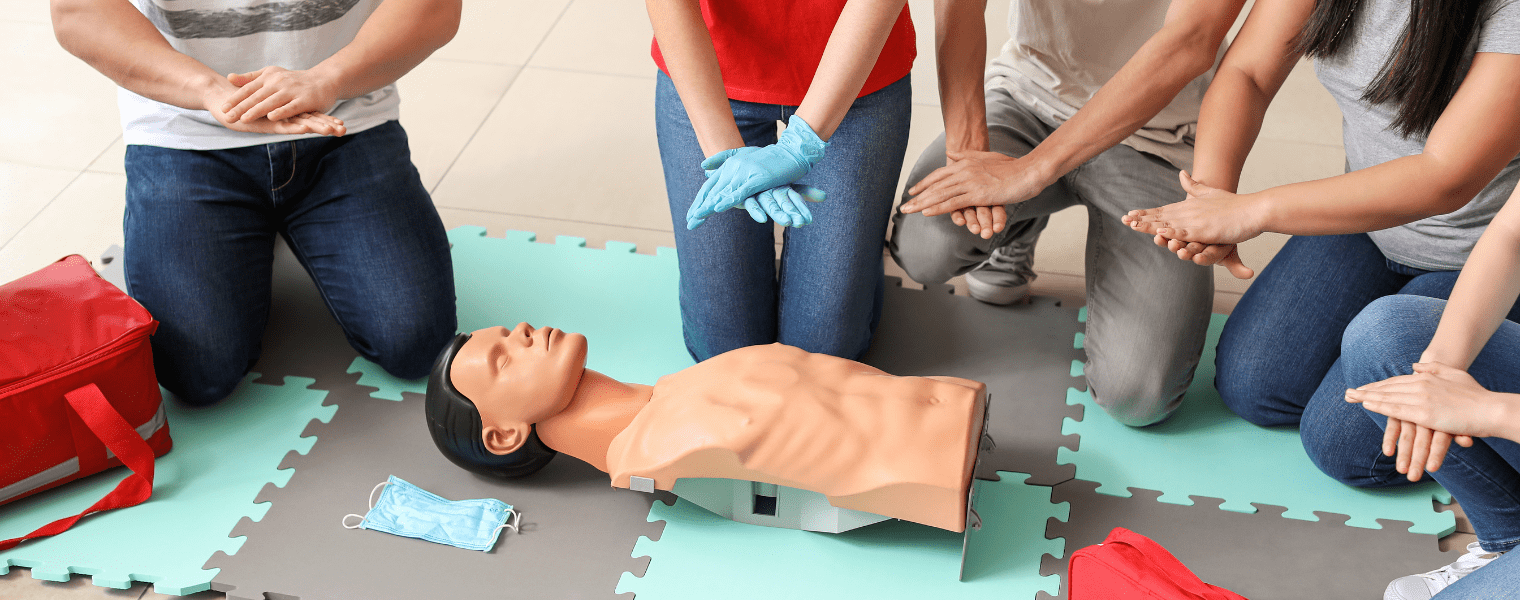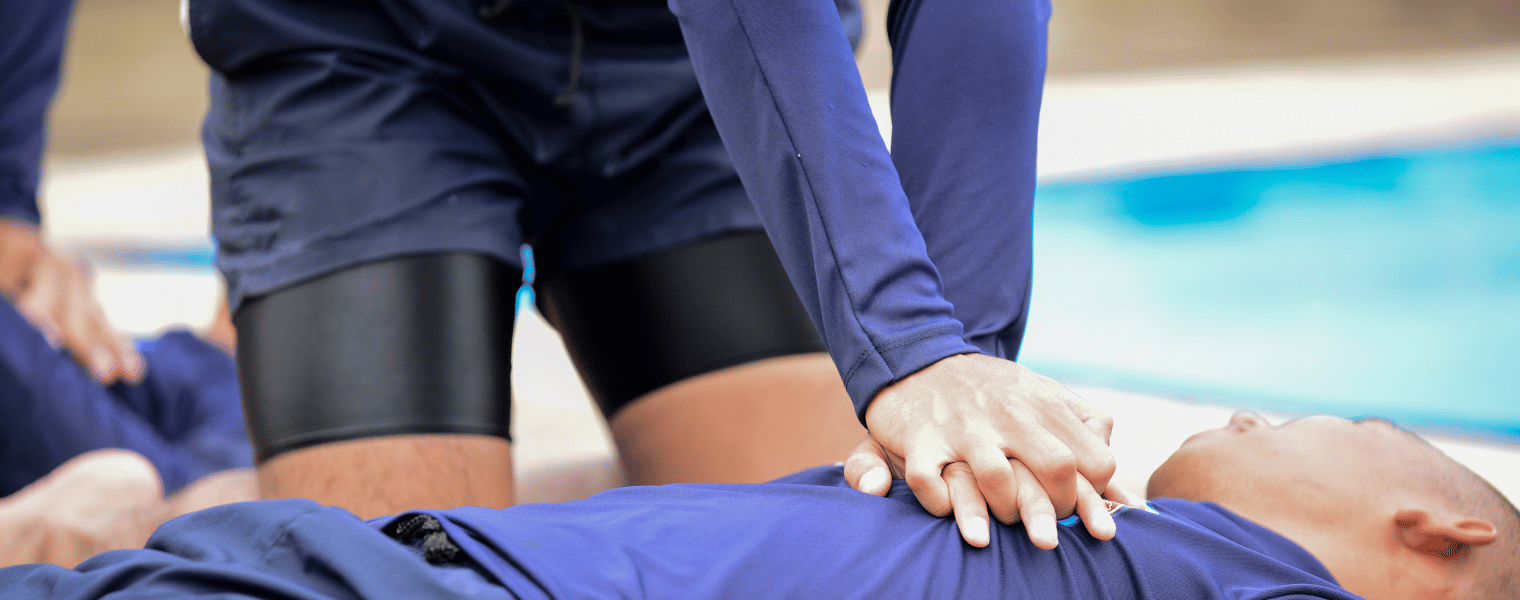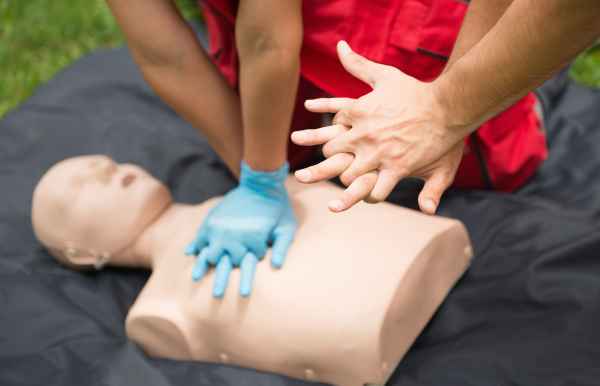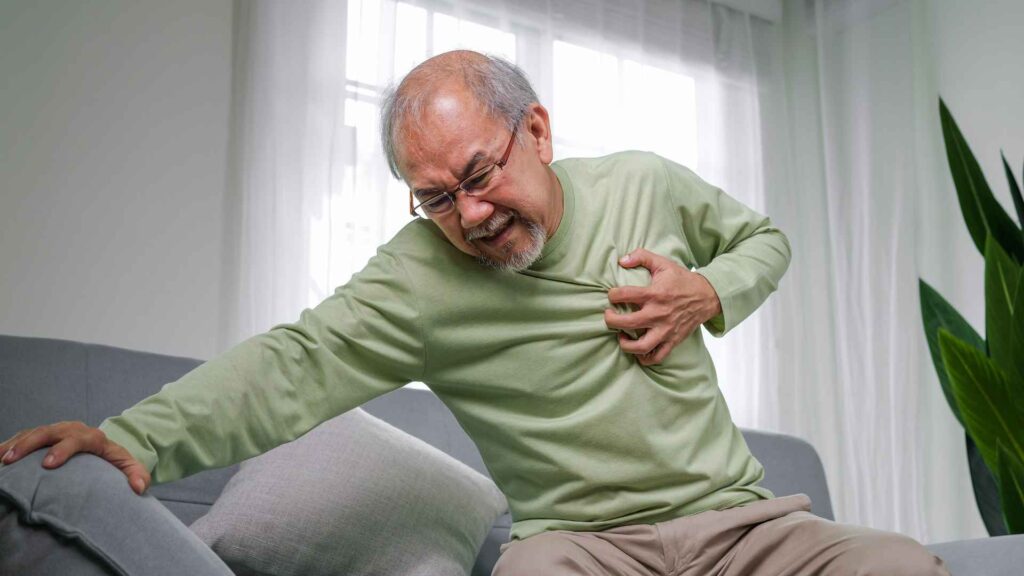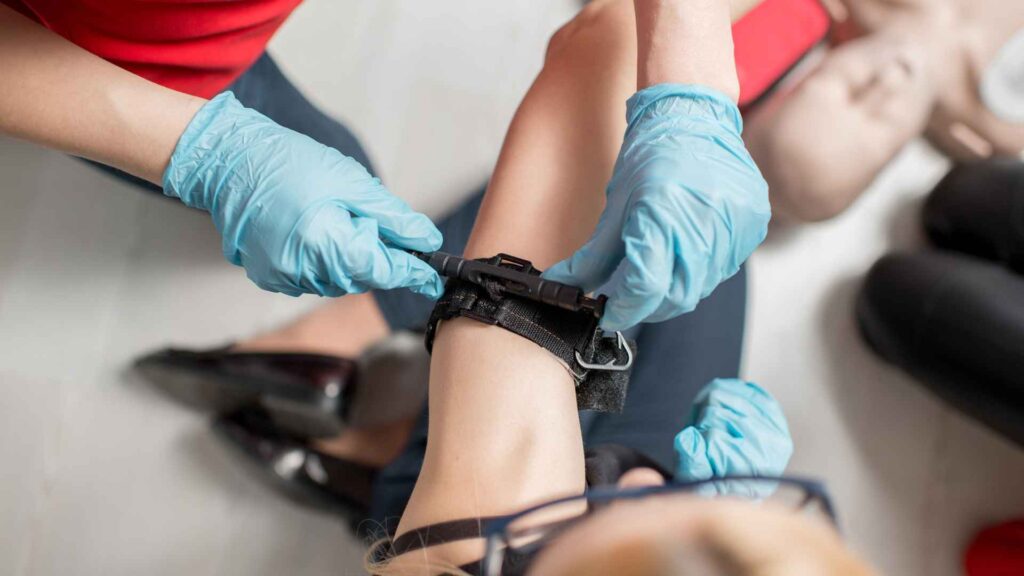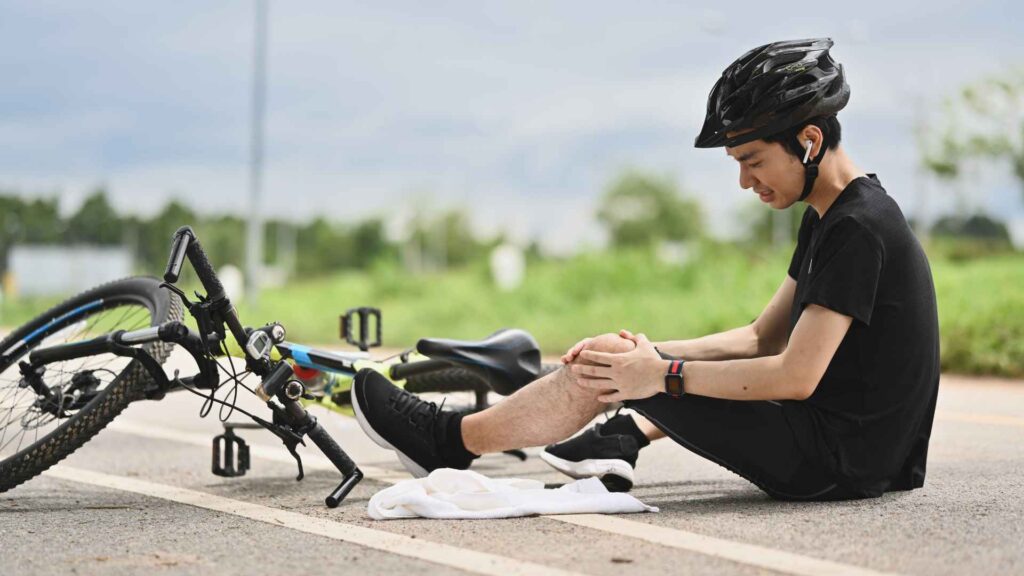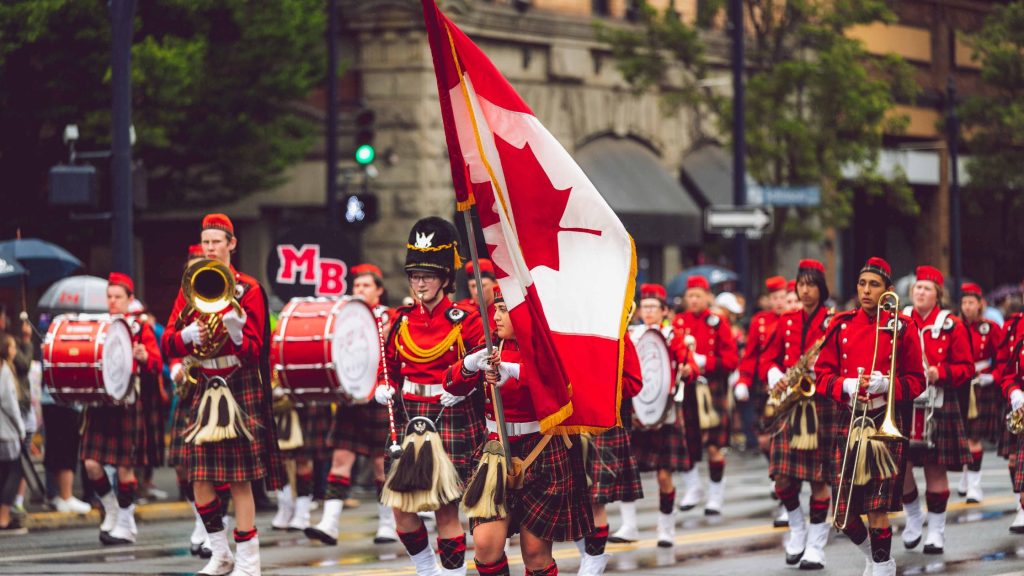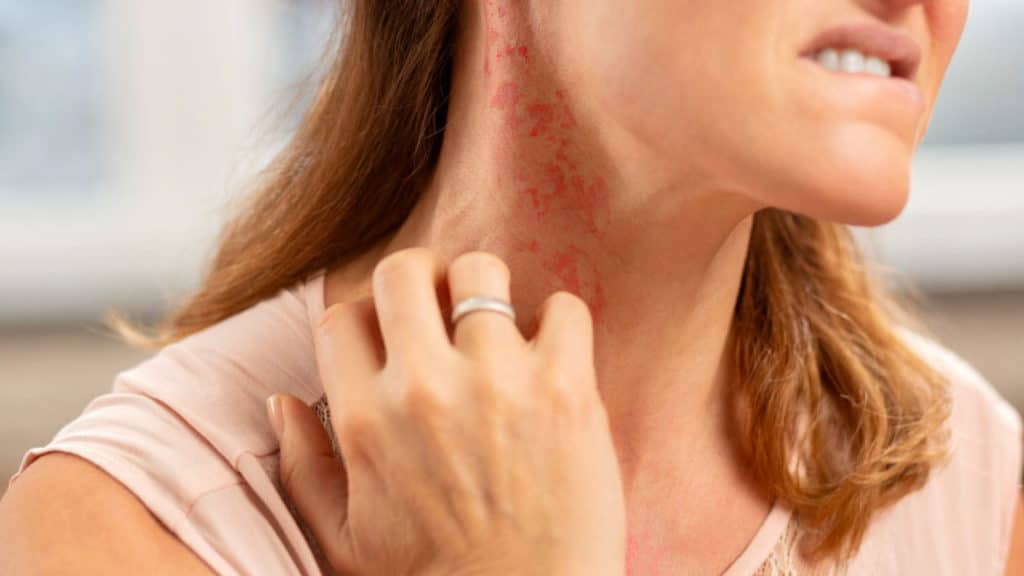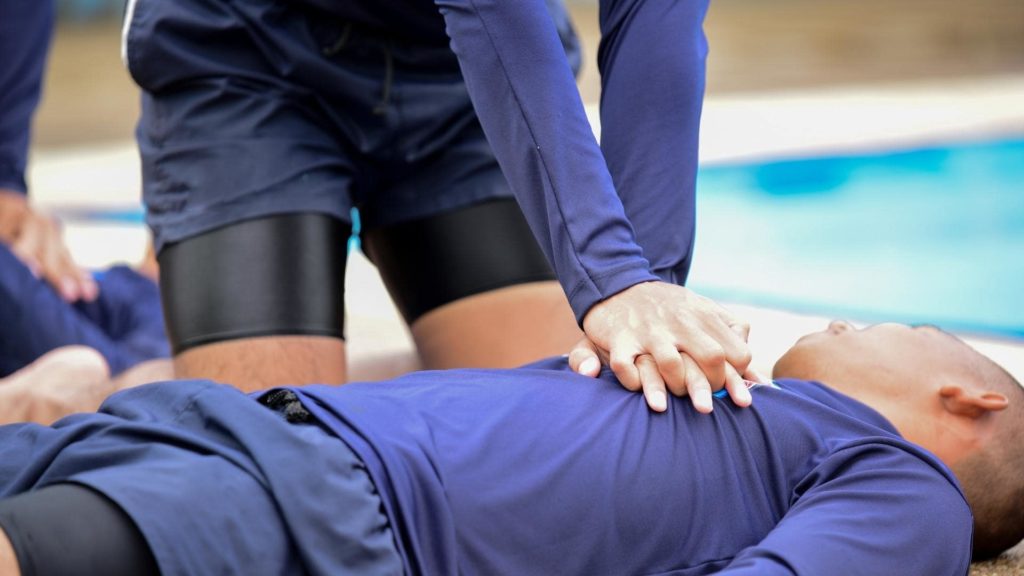When first aiders or bystanders rush to help someone in an emergency, it’s good to know they have protection from financial liability under the Good Samaritan laws.
Named after a biblical parable, the Good Samaritan story describes a person who helped a traveler of another religion and ethnic background after bandits attacked him. Under the Good Samaritan laws, when bystanders assist while using reasonable care, they cannot face a lawsuit if they unintentionally cause further injuries.
It’s worth keeping in mind that the Good Samaritan laws can change from one country to another, sometimes even within the various jurisdictions. In addition, the rules don’t apply to medical professionals or emergency responders when on duty unless they are volunteering assistance.
Pakistan, South Africa, Singapore, and New Zealand don’t have Good Samaritan laws.
In Canada, Quebec is the only province that requires bystanders to help others in emergencies because the laws fall under provincial jurisdiction. The territories of Yukon and Nunavut have none. Bystanders in other provinces, including Ontario, don’t have to assist unless they are at the scene of a motor vehicle accident. However, if they help someone in a medical emergency, and their actions cause further problems, they cannot be held liable. The Good Samaritan Laws encourage people to help others instead of fearing legal repercussions.

Have You Ever Been a Bystander?
Emergencies are scary and sometimes leave us unsure of what to do. Learn how to respond in an emergency by taking a First Aid course!
Components of the Good Samaritan Laws
When faced with an emergency, anyone that helps must only provide the level of assistance covered by their training. Therefore, a first aider cannot perform anything that was not included in their course, for example, an emergency tracheotomy. However, if they broke a rib during CPR is not considered reckless.
Therefore, the most common elements of the Good Samaritan Laws include the following:
- Don’t move a person unless they are in a situation that places them in danger
- Before giving help, always ask the person for permission if they are responsive
- Check for life-threatening conditions before providing any care
- Call 911 to dispatch emergency services
- Provide the appropriate care without doing anything reckless and continue doing this until trained help arrives
Some situations where the Good Samaritan Laws may not protect a bystander or first aider are if they have acted with extreme negligence or recklessness. Additionally, if someone has started care, they may not abandon the person until help arrives.
The Good Samaritan Drug Overdose Act
Increasing opioid overdoses and deaths resulted in the Government of Canada enacting the Good Samaritan Drug Overdose Act in 2017. The Act encourages people to help others seeking emergency help and call 911 during an overdose episode without fear of police action.
Therefore, anyone who witnesses or experiences an overdose has protection under the Good Samaritan Drug Overdose Act. In addition, the Act protects anyone who remains on the scene until help arrives. However, it also applies to those who seek help and leave the scene after calling.

The Act can protect from:
- Charges for possession of the drugs named under section 4(1) of the Canadian Controlled Drugs and Substances Act
- Breach of conditions regarding simple possession of drugs in pre-trial release, probation orders, conditional sentences, and parole
The Good Samaritan Act does not provide legal protection against offenses like outstanding warrants, production and trafficking of these drugs, and other crimes not outlined by the Act.
Anyone witnessing a drug overdose can help save a life by staying at the scene and calling for emergency help. If they have naloxone, they can use it if they suspect a drug overdose and provide first aid until help arrives.
Inquire about First Aid Training
The Good Samaritan Act is covered in all of our First Aid & CPR courses. Learn more about it and register today! Contact our customer service team.
Know the Exceptions to the Good Samaritan Law
Some exceptions exist to the Good Samaritan Laws, as with all laws. Therefore, unreasonable mistakes and negligence will not protect them from liability.
Let’s look at some examples:
- Healthcare professionals (doctors, nurses, paramedics, and other rescuers) are protected by the Good Samaritan Laws when they provide emergency first aid services when they are off duty and don’t have the appropriate facilities or equipment at hand. If they offer negligent medical assistance, they are not liable for damages. However, in cases where a judge may find that they acted with gross negligence, they would be responsible.
- If someone offers assistance hoping to receive a reward or recognition, they don’t receive protection from the law.
- Lack of consent from a conscious victim is another exception. It does not apply when the victim is unconscious, including a drug overdose. In cases where someone offers assistance to a minor, they must get permission from the parents first

CPR for Healthcare Professionals
First Aid and CPR Training and the Good Samaritan Laws
Whether you have First Aid & CPR training or not, the Good Samaritan laws protect you if you assist someone as a bystander in an emergency. You will also have protection if your certification if you have not kept your certificate updated.
Assisting someone in an emergency improves survival rates significantly, and knowing how to do things correctly is essential. Therefore, First Aid & CPR training can give you the necessary skills to provide the proper assistance in most situations.
However, the Good Samaritan laws won’t cover any actions beyond what your training included. Therefore, you may face a lawsuit from the victim if you try to set a broken leg if you aren’t a medical professional, but you cannot get sued if you break their rib during CPR.

First Aid and CPR Skills
Contact Coast2Coast today about taking a First Aid & CPR/AED or a CPR/AED course to prepare you to assist others. If your certification is about to expire, it is a good idea to keep it renewed because retraining helps you to refresh skills that you don’t often use and teaches you new skills based on the latest research.
CPR and First Aid training include a range of essential life-saving skills to help protect yourself and offer the correct assistance to others in emergencies. Most importantly, you learn how to ask a victim for permission and the proper protocol for calling emergency services.


